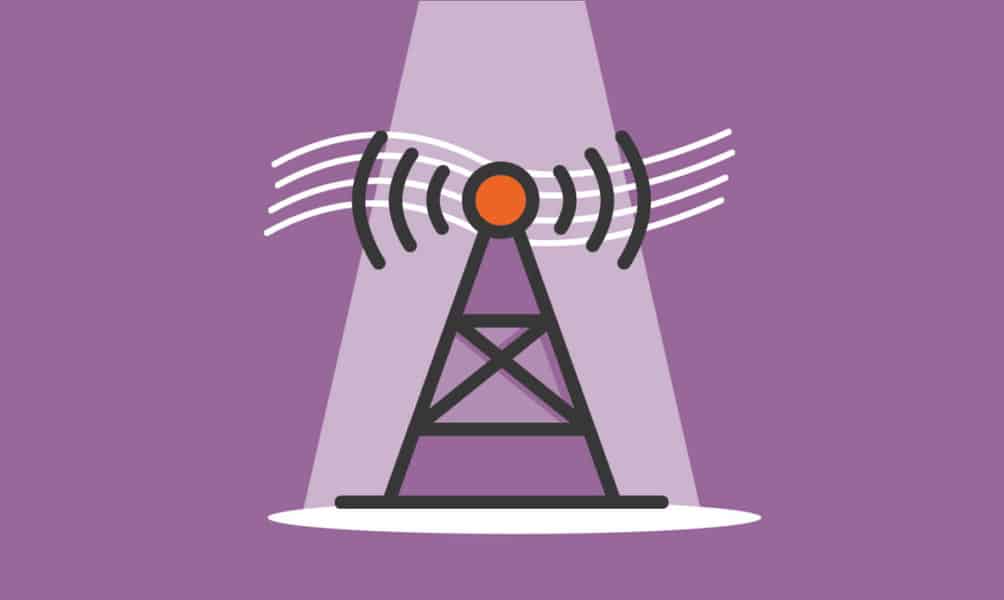The radio industry is an exciting and dynamic field that offers a wide range of career opportunities for individuals with a passion for broadcasting and communication. Whether you dream of becoming a radio host, producer, programmer, or engineer, starting a career in the radio industry can be both challenging and rewarding. In this comprehensive guide, we’ll walk you through the steps to launching your career in radio and achieving success in this competitive field.
Step 1: Understand the Industry
Before diving into a career in radio, it’s important to take the time to understand the industry and familiarize yourself with its various roles, formats, and trends. Research different types of radio stations, from commercial and public to community and online, and learn about the different formats they offer, such as music, talk, news, and sports.
Additionally, explore the technological advancements and digital trends shaping the radio industry, such as podcasting, streaming, and social media integration. By staying informed about the latest developments in the industry, you’ll be better equipped to navigate its challenges and opportunities.

Step 2: Gain Relevant Experience
Hands-on experience is essential for building a successful career in radio. Look for opportunities to gain experience through internships, volunteer work, campus radio stations, or community broadcasting programs. These experiences will allow you to develop essential skills such as audio production, programming, on-air presentation, and communication.
Consider reaching out to local radio stations or production companies to inquire about internship or volunteer opportunities. Even if you start out in entry-level positions, such as running errands or assisting with administrative tasks, you’ll gain valuable insights into the inner workings of the industry and make important connections with industry professionals.
Step 3: Develop Your Skills
In addition to gaining hands-on experience, it’s important to continuously develop and refine your skills to stay competitive in the radio industry. Invest time in honing your communication skills, both verbal and written, as well as your ability to think quickly on your feet and engage with listeners.
Consider taking courses or workshops in audio production, broadcasting techniques, journalism, and media law to expand your knowledge and expertise. Familiarize yourself with industry-standard software and equipment, such as digital audio workstations (DAWs), editing software, and broadcasting consoles.
Step 4: Build Your Network
Networking is a crucial aspect of building a successful career in radio. Take advantage of opportunities to meet and connect with industry professionals, both online and offline. Attend industry events, conferences, and workshops, join professional organizations and online forums, and follow industry leaders on social media platforms.
Networking can open doors to job opportunities, mentorship, and collaboration opportunities, so don’t be afraid to put yourself out there and make meaningful connections. Be proactive in reaching out to professionals in the industry for informational interviews, advice, and guidance on advancing your career.
Step 5: Create a Portfolio
As you gain experience and develop your skills, create a portfolio or demo reel showcasing your best work and accomplishments. Your portfolio should highlight your strengths as a radio professional, including examples of your on-air performances, audio production projects, interviews, and any other relevant work.
Consider creating a professional website or online portfolio where you can showcase your work and make it easily accessible to potential employers and collaborators. Make sure to keep your portfolio up-to-date with your latest projects and achievements to demonstrate your growth and progress over time.
Step 6: Pursue Job Opportunities

Once you feel confident in your skills and experience, start actively pursuing job opportunities in the radio industry. Keep an eye out for job postings on industry websites, job boards, and social media platforms, and be proactive in reaching out to radio stations and production companies to inquire about potential openings.
Consider starting out in entry-level positions, such as production assistant, board operator, or on-air personality at smaller stations or in smaller markets, and work your way up as you gain experience and build your reputation in the industry. Be open to opportunities for freelance work, contract positions, or temporary assignments, as these can provide valuable experience and exposure.
Step 7: Stay Persistent and Flexible
Finally, remember that breaking into the radio industry can be a challenging and competitive process, so it’s important to stay persistent and flexible in your approach. Be prepared to face rejection and setbacks along the way, but don’t let them discourage you from pursuing your goals.
Stay proactive in seeking out opportunities for growth and advancement, whether it’s through additional training and education, networking events, or side projects. Keep an open mind and be willing to adapt to changes in the industry, as radio continues to evolve and embrace new technologies and formats.
By following these steps and staying committed to your goals, you can launch a successful career in the radio industry and make your mark as a talented and respected professional. With dedication, hard work, and a passion for broadcasting, the sky’s the limit for what you can achieve in this exciting and dynamic field.


